G-7 set to back plan to introduce cap on Russian oil price
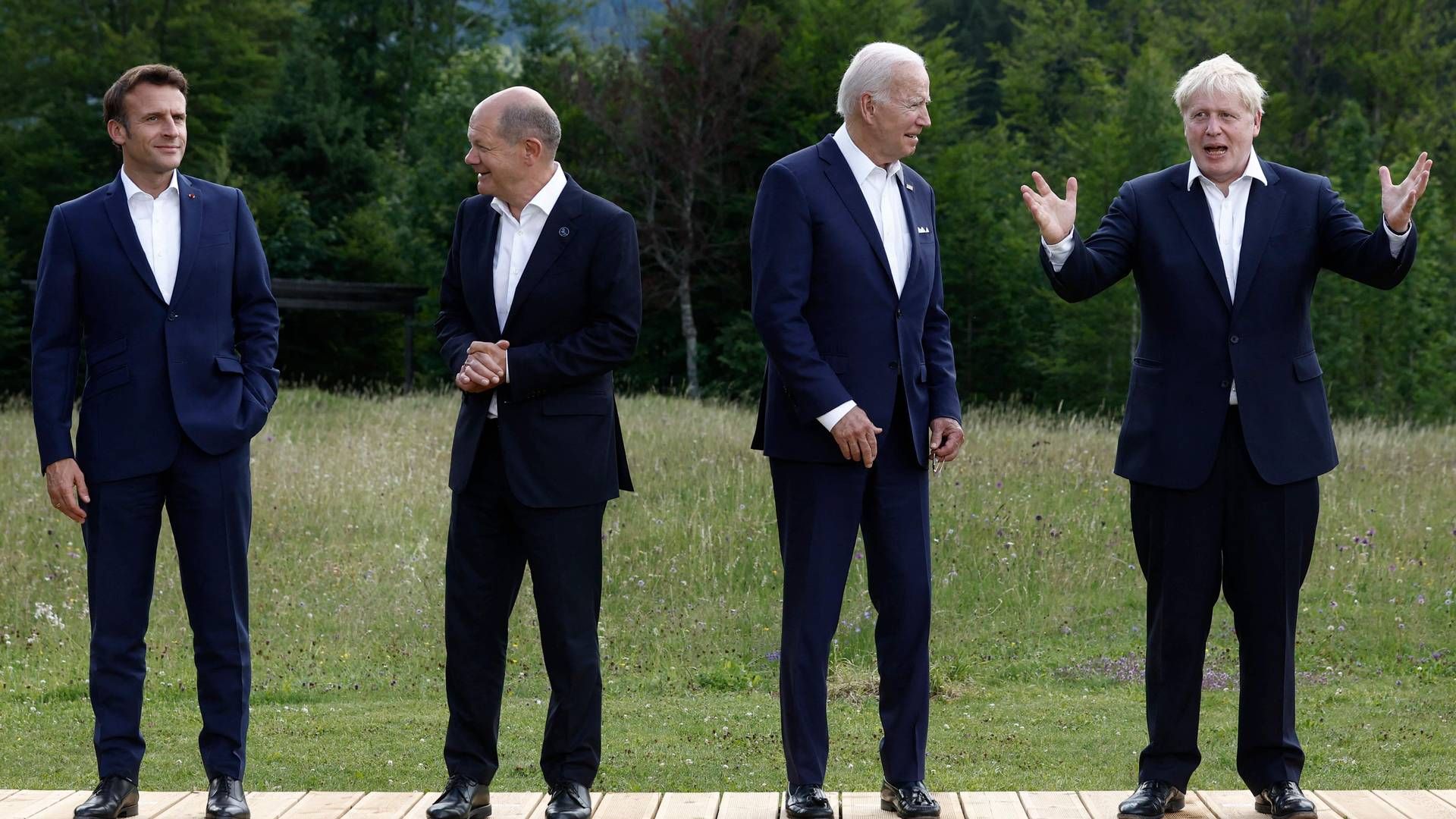
The Group of Seven most industrialized countries are poised to agree to introduce a price cap for global purchases of Russian oil – a measure the US hopes will ease energy market pressures and slash Moscow’s overall revenues.
G-7 finance ministers are meeting Friday, where they are expected to formally back the plan, according to a person familiar with the matter. The G-7 plan, which is part of broader efforts to punish Russia for its military invasion of Ukraine, would allow buyers of Russian oil under a capped price to continue getting crucial services like financing and insurance for tankers.
Once the G-7 support is official, diplomats will have to convince European Union member nations to amend its sixth round of sanctions on Russia over the invasion of Ukraine – and that may still prove to be tough. That package, which prohibits the purchase of Russian oil starting Dec. 5, included a ban on the use by third countries of the bloc’s companies for oil-related insurance and financial services.
The US and its allies have grappled with how best to sanction Russia after its invasion rattled energy markets and sent crude prices soaring. The G-7 – which also includes Germany, the UK, France, Italy, Japan and Canada – pledged earlier this year to curb reliance on Russian energy, including “by phasing out or banning the import of Russian oil.”
G-7 leaders announced at a June summit in Elmau, Germany, that they would examine the price cap plan. But German Chancellor Olaf Scholz insists that the price cap can only work properly if it’s introduced globally and supported by more than just the G-7 countries. The backing of big buyers of Russian oil, such as India and Turkey, is seen as particularly crucial.
US officials have argued that the price cap could work even if many buyers don’t officially join the coalition, since they could still use the system for leverage in contract negotiations with Moscow.
It won’t be easy to get the EU’s full backing. Hungary, which has maintained closer relations with Russia, held up agreement on the original sanctions package for weeks as the bloc tried to reach a deal on targeting Russia’s energy sector. Budapest has signaled that it would oppose any oil price cap, signaling another potentially awkward political fight.
Kremlin spokesman Dmitry Peskov said Friday that Russia won’t sell oil to nations that join a potential price cap on its oil.
“We simply won’t interact with them on such non-market principles,” he told reporters on conference call.
Equinor fulfills vow to exit Russia
Chair of Russian oil company dies after fall from hospital window
Oil prices rise ahead of OPEC+ meeting

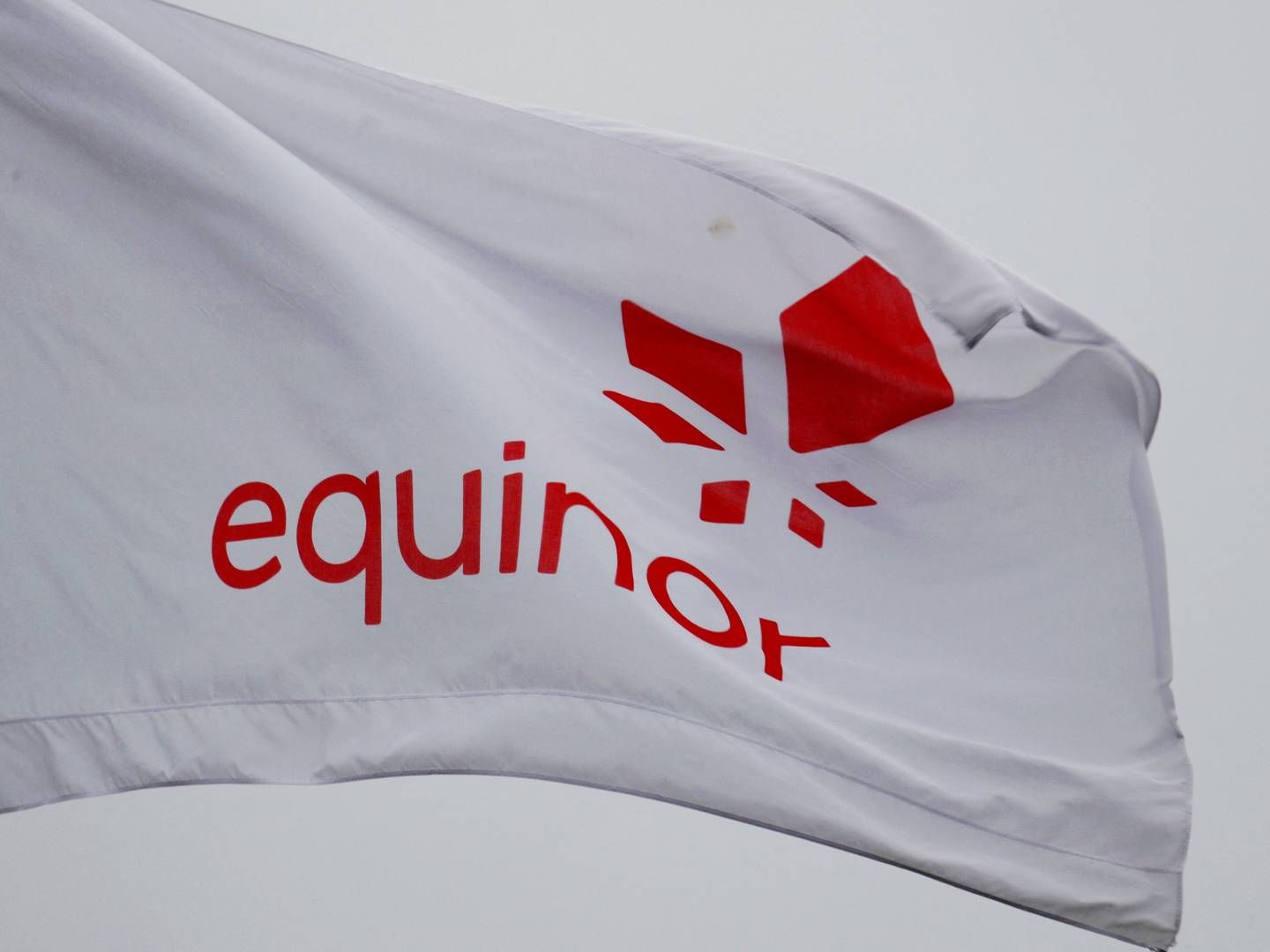
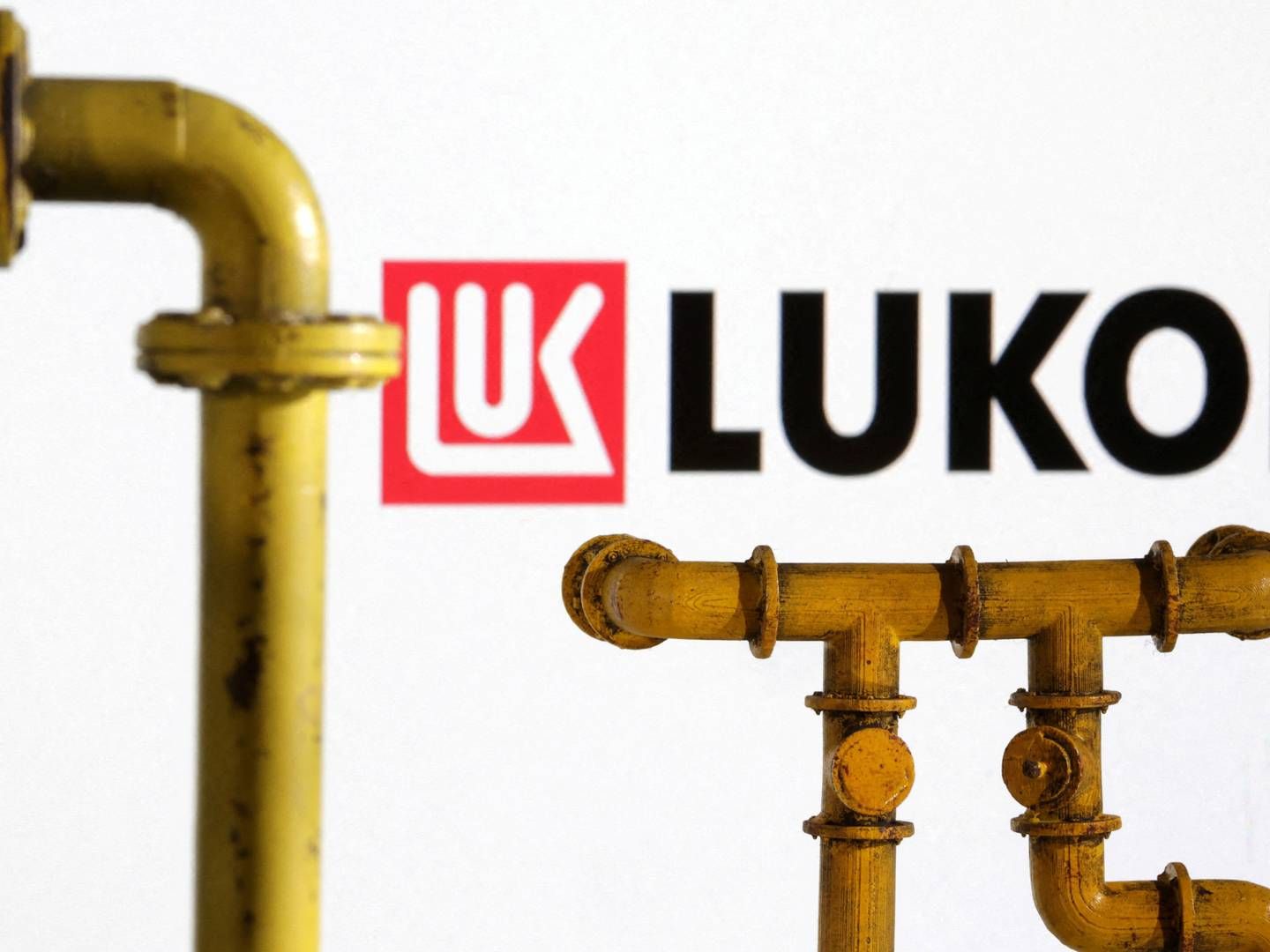







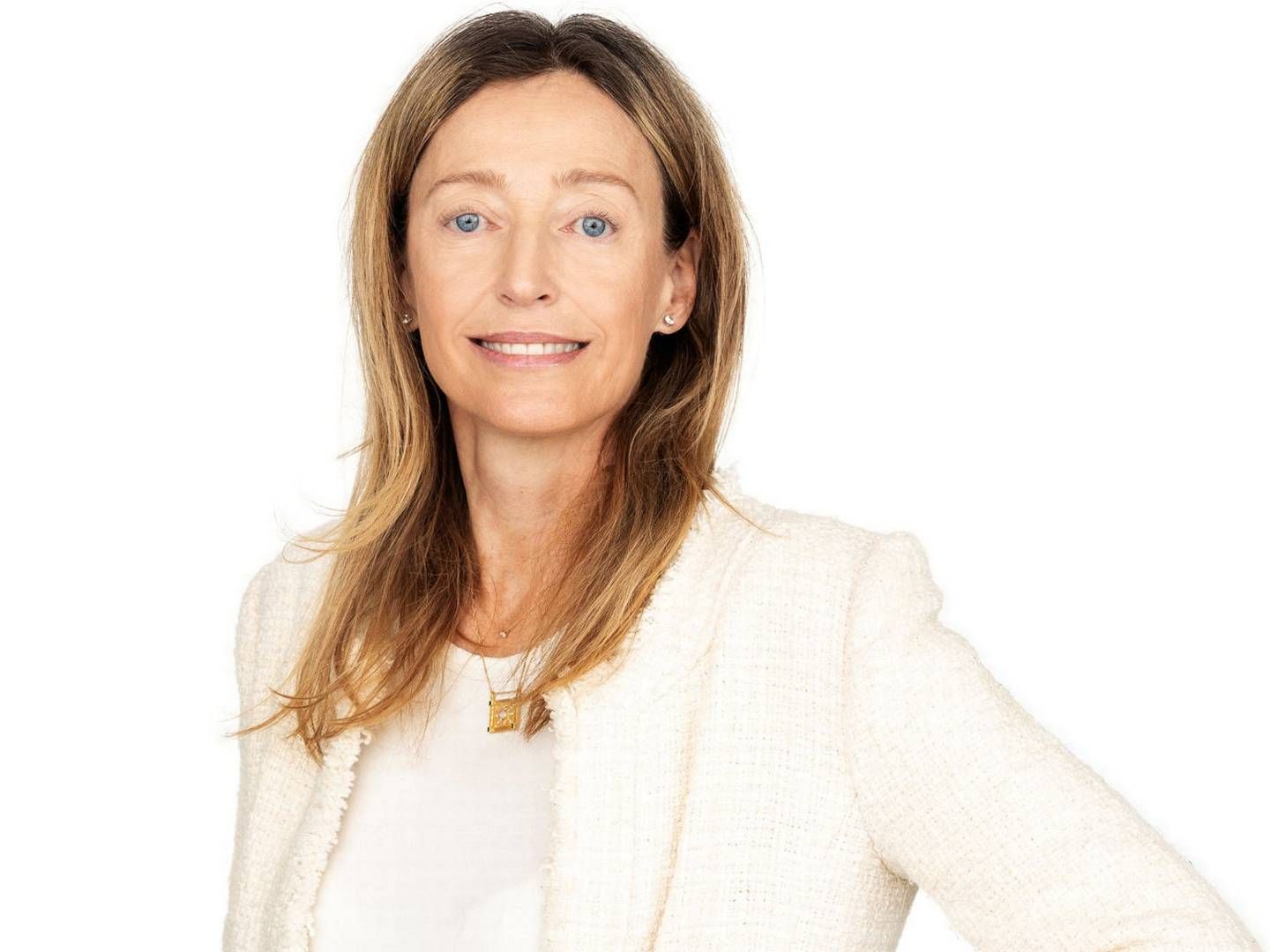





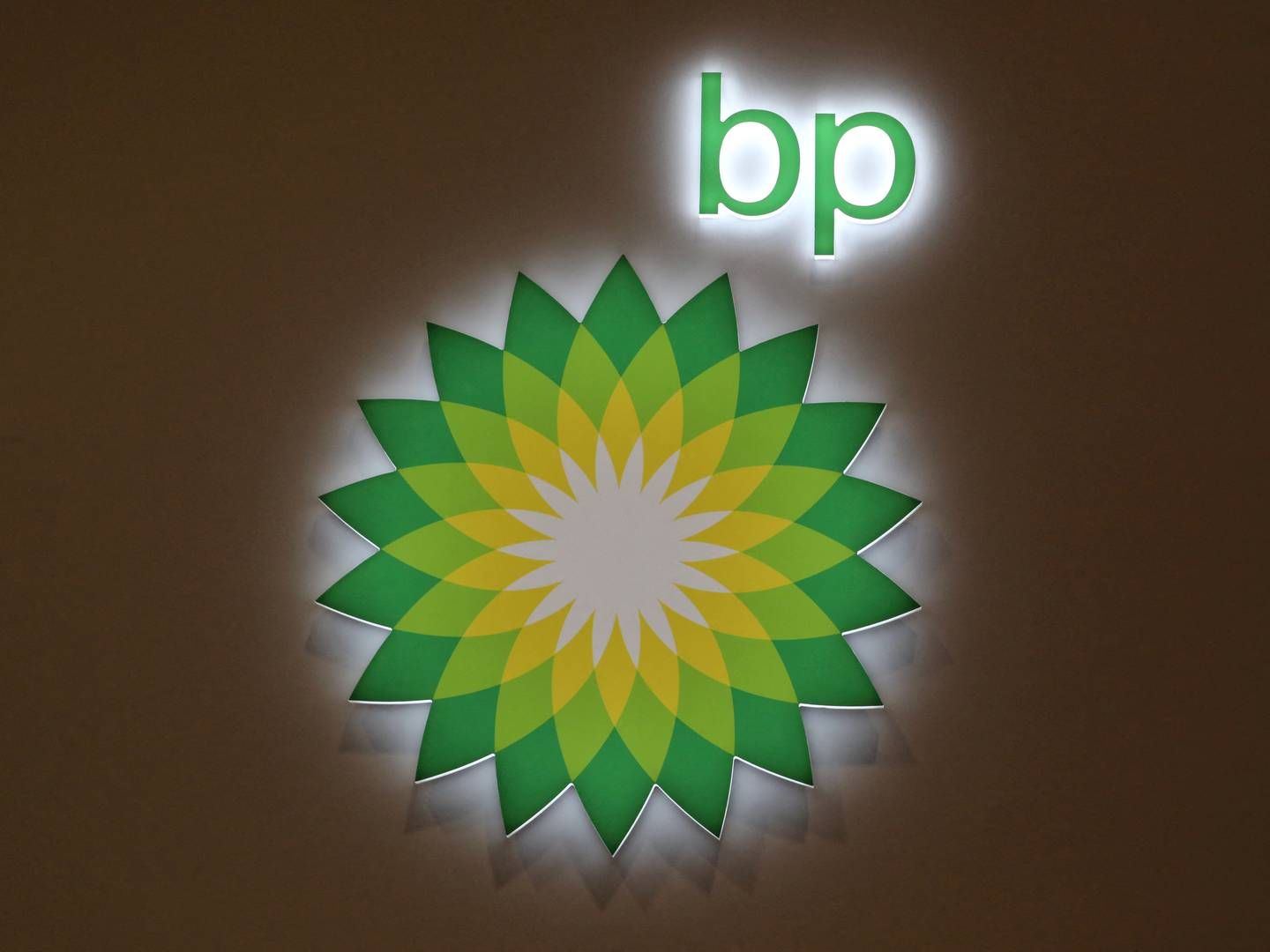

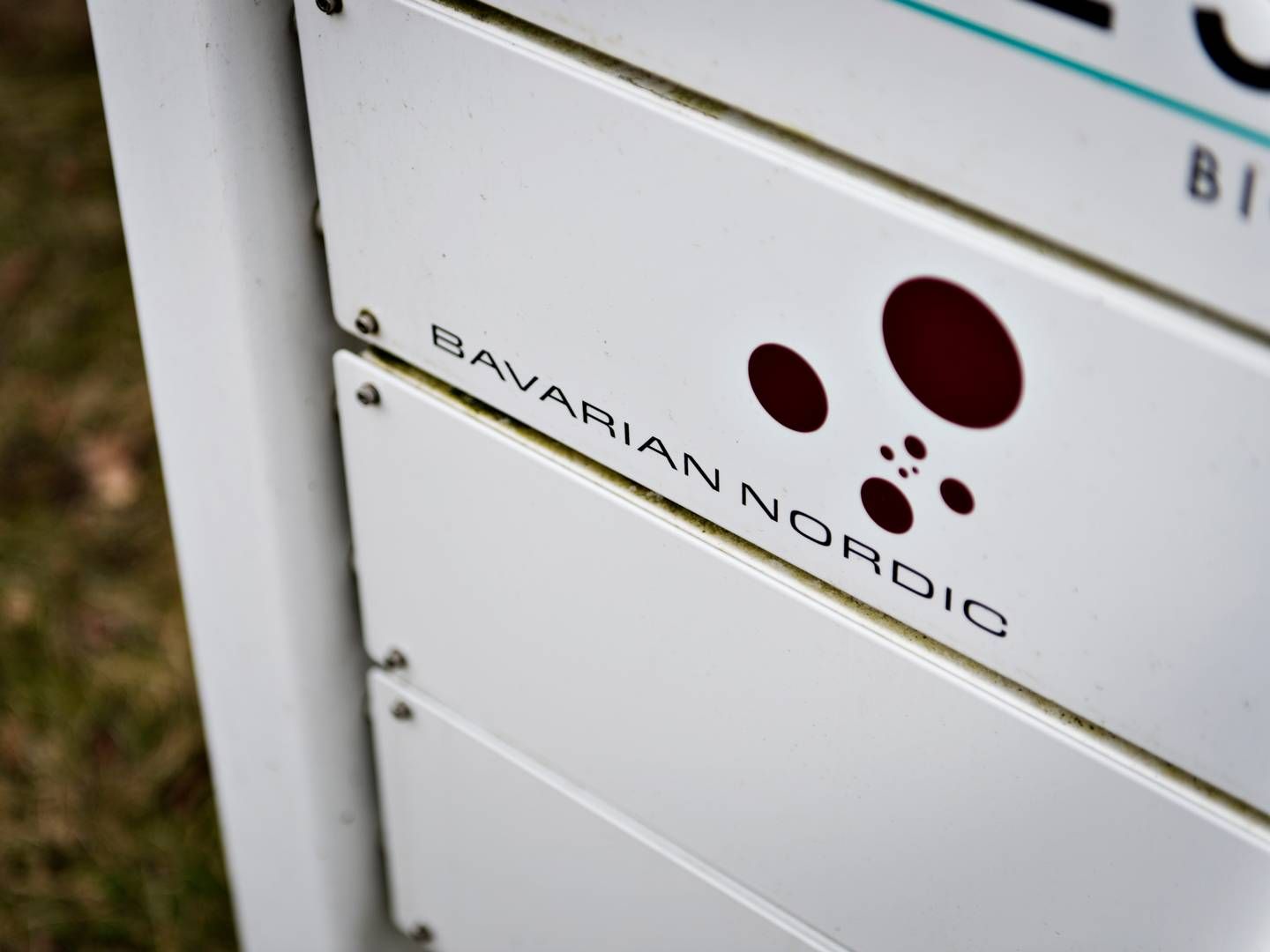



.jpg&w=384&q=75)


